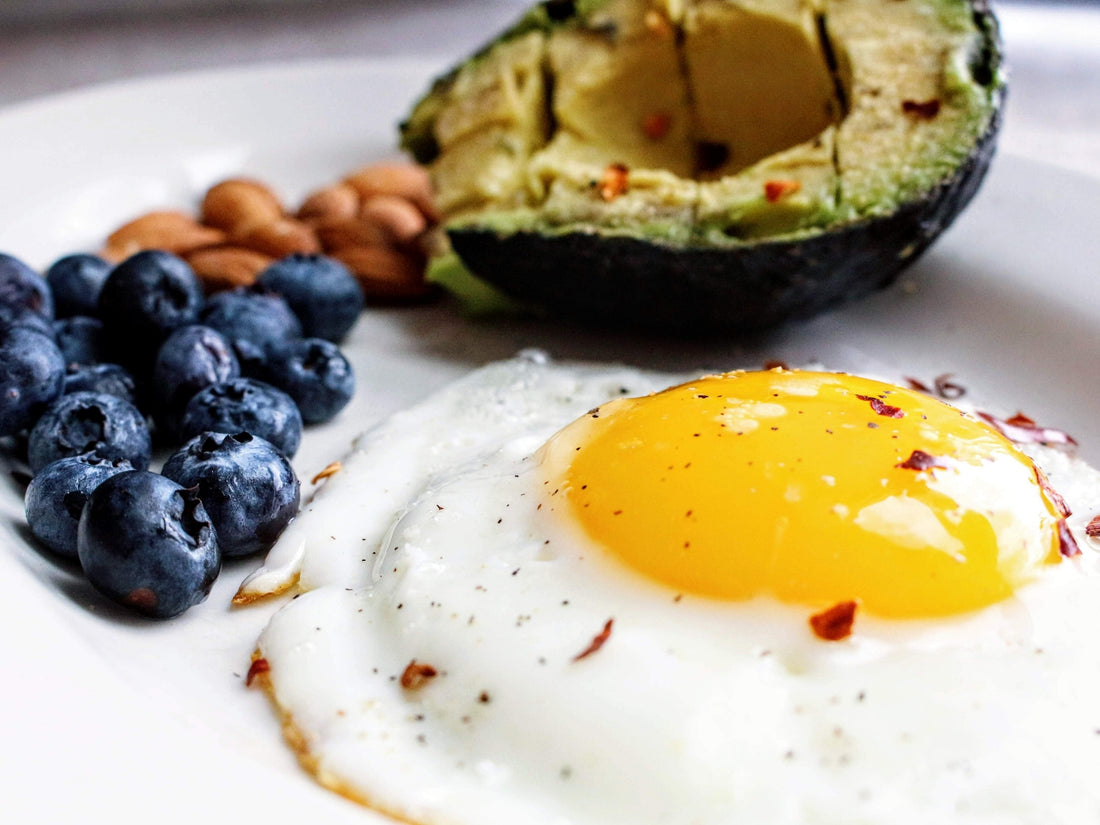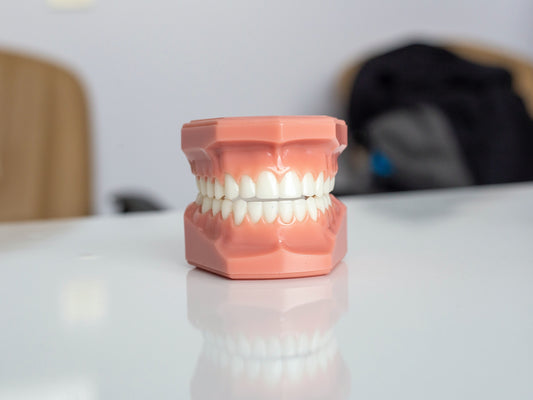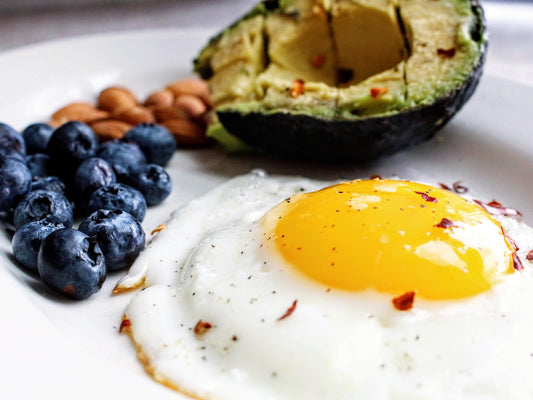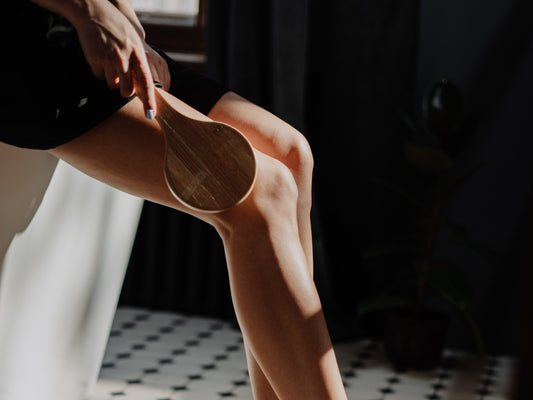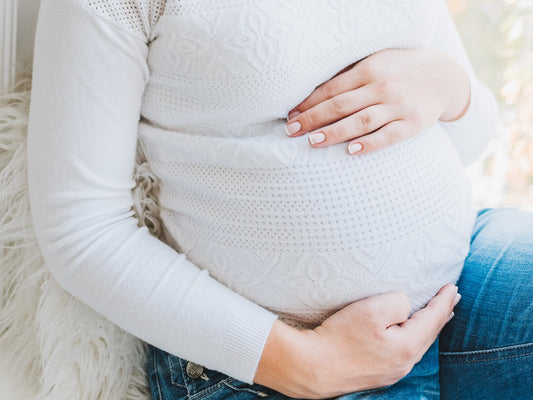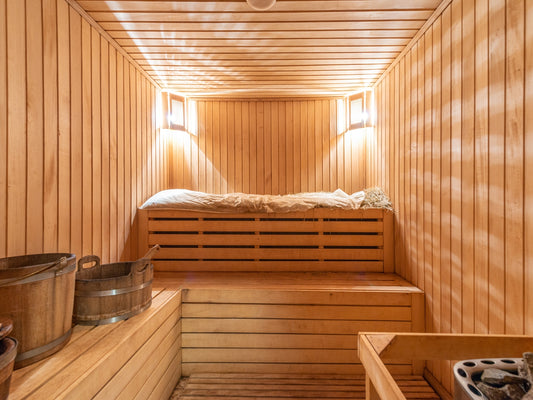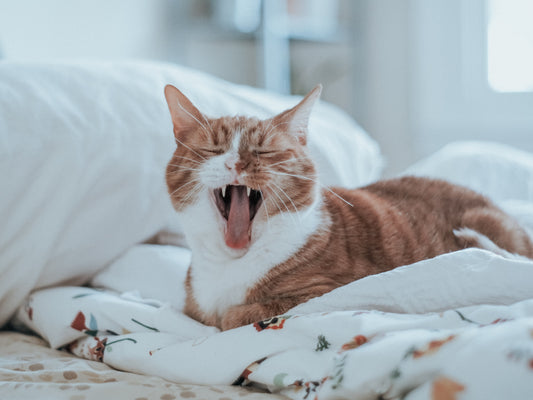What Is Keto Insomnia?
Insomnia is a very common condition nowadays. Due to a stressful lifestyle or mental health issues, many people have problems falling and staying asleep, which makes them feel tired when they wake up. Without a good night’s sleep, being productive throughout the day is surely hard.
Some keto dieters may experience keto insomnia in the first days of transitioning to this high-fat, low-carb diet. If you have just transitioned to a keto lifestyle, there is some good news: in general, keto insomnia lasts from a few days up to a month, as your body adapts to the new diet. Also, there are a few things you can do to shorten this period and enjoy peaceful sleep that replenishes your energy levels.
The ketogenic diet requires you to have a moderate intake of protein, lots of fats, and low carbs. It’s important to understand that - under a regular diet - the human body uses carbs for energy. When we restrict carbs, we deplete the body’s reserves of glucose, which forces our body to use fat for energy instead.

Although keto insomnia is quite common in the beginning, there’s no need to worry about long-term symptoms. Research shows that, once you get used to the keto lifestyle, you will sleep deeper. A keto diet will also improve the quality of your sleep, so you may end up needing less sleep than when your body uses carbs for energy [1].
However, you should do everything you can to help your body adapt quicker and overcome keto insomnia. This is because insufficient sleep has been proved to lead to obesity, type 2 diabetes, high blood pressure, and heart disease [2].
If you are tired the entire day, you tend to eat more than when you are well-rested. This could cancel the weight loss benefits of the keto diet, which could demotivate you in the long term. Also, a lack of sleep increases ghrelin levels, a hormone that makes you hungry [2]. At the same time, it decreases leptin levels, the hormone that makes you feel full.
Causes of Keto Insomnia
There are several causes of keto insomnia: let’s have a look at the main ones.
Lack of Carbohydrates
Some studies showed that carbohydrates in our diet are responsible for our sleep. More specifically, a high-carb diet improves the production of serotonin and melatonin, hormones that regulate our sleep [3]. As a result, if you suddenly switch from a high-carb diet to a keto diet, you will most likely experience insomnia because you disrupt these sleep-inducing chemicals in your body.
However, it’s important to keep in mind that, once your body adjusts, the keto diet leads to better, higher-quality sleep. In general, keto insomnia may last up to 3-4 weeks if you leave it untreated. Fortunately, there are several things you can do to help your body adjust quicker, as discussed in the following sections below.
Keto Flu
Many people that switch suddenly to the keto diet experience the so-called “keto flu”. In other words, the lack of carbs may push your body to experience symptoms of the flu without actually being infected by the influenza virus. Some of the main symptoms include brain fog, headaches, fatigue, and decreased energy, among others. Insomnia can be caused by keto flu as you will have a general feeling of being unwell.
Low Levels of Electrolytes
In the first days after you stop eating carbs, your body generates energy by depleting the storage of glucose in your body. This glucose binds up water, so when your body uses it for energy, you’ll also lose water in this process, along with electrolytes like magnesium, sodium, and potassium.
Electrolytes are important compounds in our body that regulate many functions, including sleep. For instance, magnesium helps your body relax, reduces stress, and makes you sleep longer [4]. If your levels of electrolytes are depleted, you will experience keto insomnia, among other possible symptoms.
Nocturia
Nocturia is the medical term for having to urinate during the night [5]. As your body consumes glycogen and releases water, you will eliminate some of that water by going to the powder room more often than before. Sleep disruption, for this reason, has been linked to insomnia as you may not be able to fall back asleep easily or you have poor sleep quality.
If nocturia is an issue, the problem will disappear once your body burns through the glucose reserves and switches to fat as the source of energy.
Other Causes
Keto insomnia may be triggered or heightened by many other causes, too. For instance, if you start the diet because you want to lose weight before an important event, such as your wedding, the stress is highly likely to disturb your sleep.

Another cause may be too much caffeine. Many beginners to this diet have the “bulletproof coffee” in the morning, which is black coffee with a source of fats (butter, coconut oil). This caffeine may disturb your sleep patterns. In most cases, it’s best to limit your caffeine intake and eat calories rather than drink them.
So, if you need more fat in your diet, you can adjust your meals instead of drinking the fat. One example would be to add an extra 1-2 tablespoons of high-quality olive oil to your salad, cook eggs in butter, or eat avocado every day.
Anxiety, depression, certain illnesses, medications, and sleep apnea can also worsen your keto insomnia. Also, alcohol and/or substance abuse negatively affect the quality of your sleep.
Symptoms of Keto Insomnia
When your body is low on its regular source of energy – carbs – it will start sending you lots of signals that you need more glucose (carbs). Thus, you may start craving foods high in carbs, sugary treats, and others. It’s possible that these cravings may keep you up at night.
Additionally, if you switched to the keto diet in order to lose weight, you may be up at night because you are hungry. In this case, you should revise your meal plan and make sure you consume sufficient food throughout the day. Since the keto diet requires your body to adjust to a different type of energy source, it’s best to first focus on your nutrient intake and correct food groups in the beginning, then start restricting calories after your body adjusts to using fat for fuel.

Adding healthy fats like coconut oil or MCT oil, avocado, and others will also give you more energy than, let’s say, having a few slices of carb-loaded pizza. In some cases, you may find yourself full of energy at bedtime, refreshed, or you wake up earlier than usual. This is not necessarily a problem or insomnia – your body simply uses the food you give it more efficiently, so you need less sleep now.
How to Deal with Keto Insomnia
As long as your insomnia is not the result of another underlying issue, such as poor mental health or an illness, there are several ways to deal with it and get a good night’s sleep.
Nutrient Intake
One of the most frequent causes of keto insomnia is the low levels of electrolytes in your body, as discussed above. As fruits and some vegetables are severely restricted in this diet, you may find yourself having a difficult time eating foods rich in fiber, vitamins, and minerals.
In this case, you need to supplement your nutrient intake and keep your electrolyte levels up. Some foods that you can add to your diet include pickles and pickle juice, bone broth, fatty fish (salmon), nuts and seeds, leafy vegetables, and dark chocolate (without added sugar).
As mentioned above, magnesium is a type of electrolyte that directly impacts the quality of your sleep. If you want to overcome keto insomnia quicker and enjoy a good night’s sleep, have a keto-friendly dietary supplement rich in magnesium and other electrolytes, chamomile, and melatonin (sleep hormone).
Physical Activity
Switching to a much healthier diet may come with an energy boost thanks to the natural sources of good fats you now have in your diet. If you find yourself wide awake at bedtime, more physical activity throughout the day will help you burn some of this extra energy, so you get better sleep.
Research shows that any type, amount, and intensity of physical exercise will improve your sleep quality [6]. In addition to this, it’ll help you reach your weight goals quicker and reduce stress and anxiety.
Proper Sleep Hygiene
Needless to say, your sleep hygiene does have a huge impact on how well you rest at night. Proper sleep hygiene that promotes a good night’s sleep should include:
- A consistent sleeping routine (going to bed and waking up at the same time every day);
- Make sure your bedroom is completely dark and quiet;
- Do not spend your time on your phone, watching TV, or other electronic devices before sleep;
- Have a light meal for dinner and avoid alcohol and caffeine before bedtime (including tea that contains caffeine).
The ketogenic diet comes with multiple benefits for health, but switching to a different type of lifestyle may have unpredictable and unpleasant consequences in the beginning. When switching to a high-fat, low-carb diet, you may experience keto insomnia which is most likely caused by a loss of water and electrolytes. You can now try some of the few strategies above to improve your sleep quality, well-being, and health.
References










